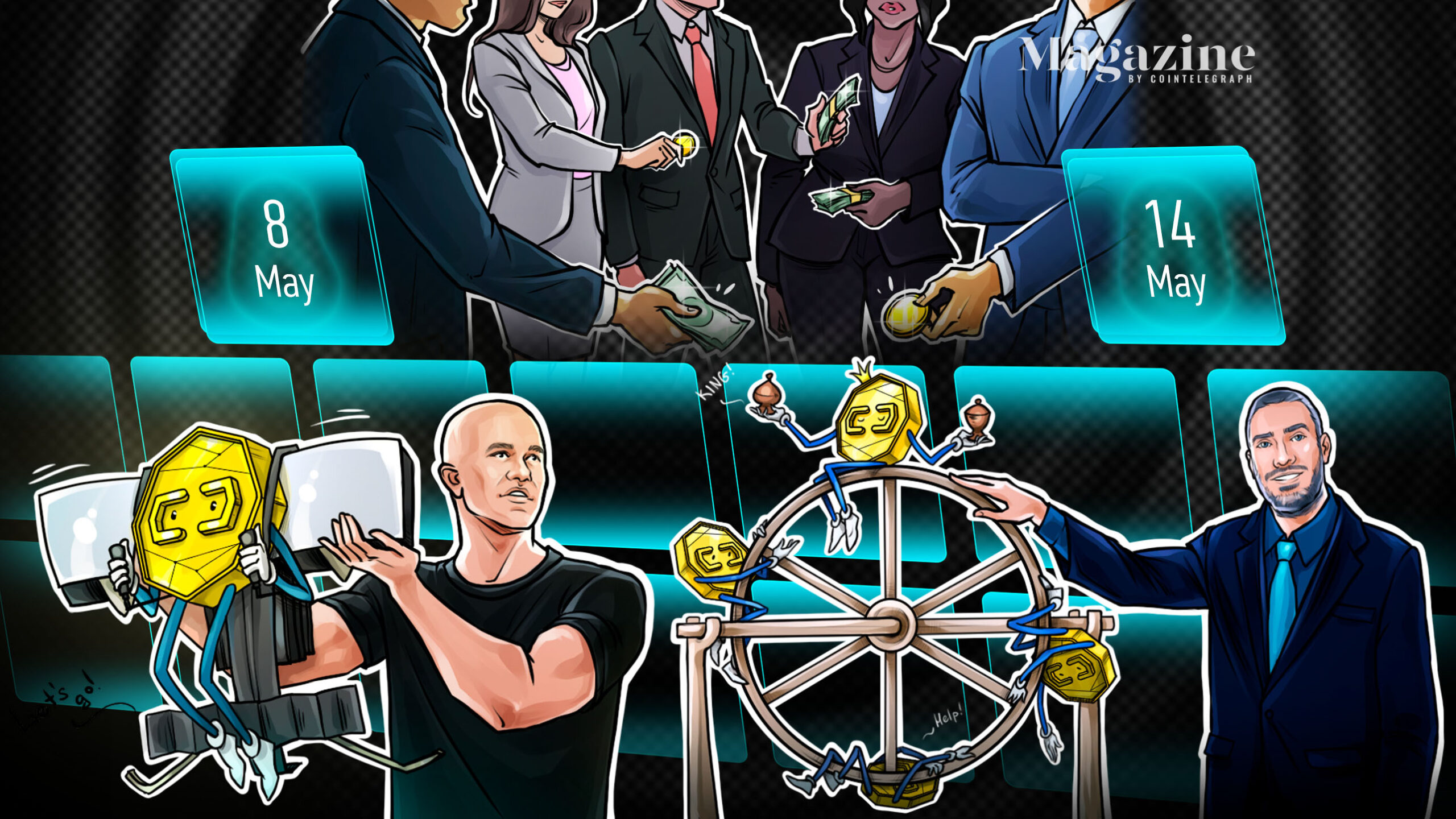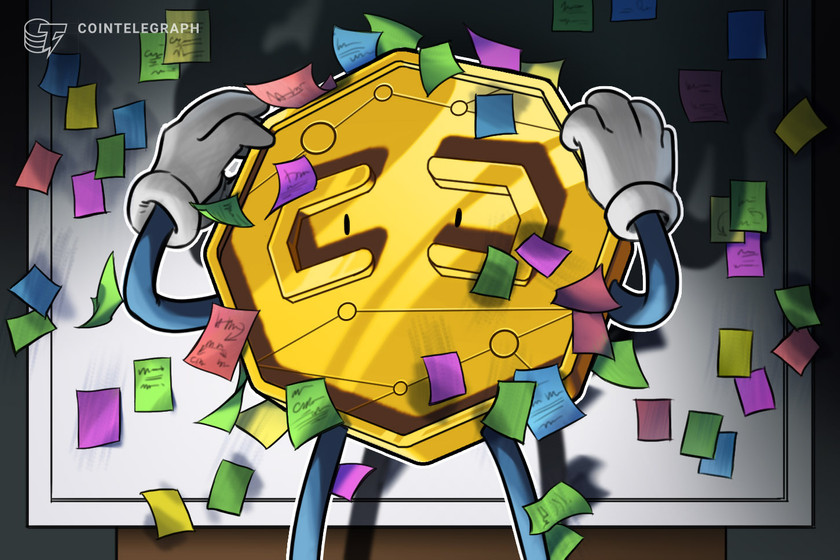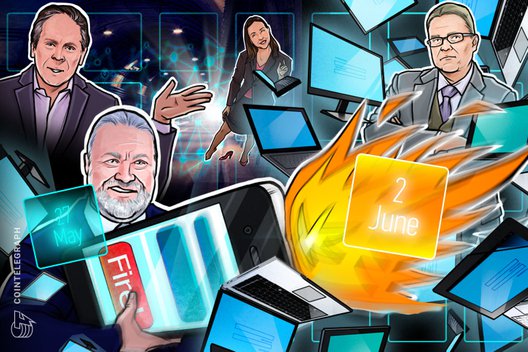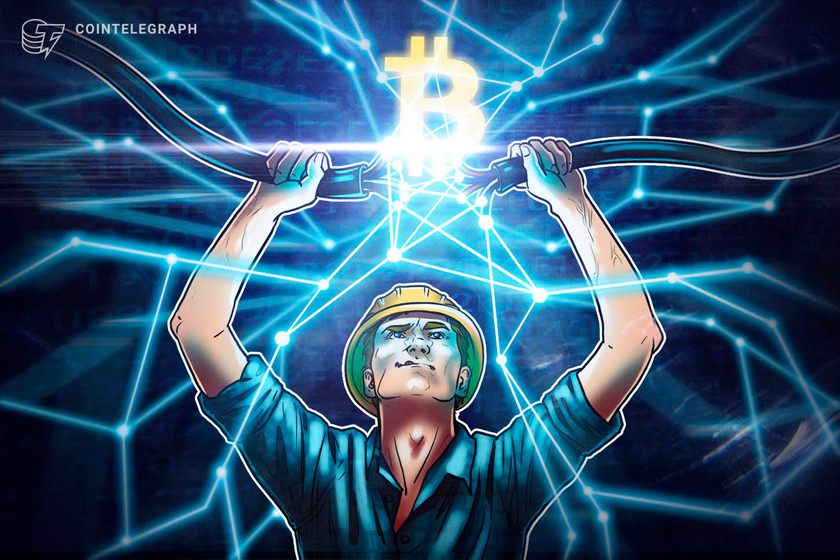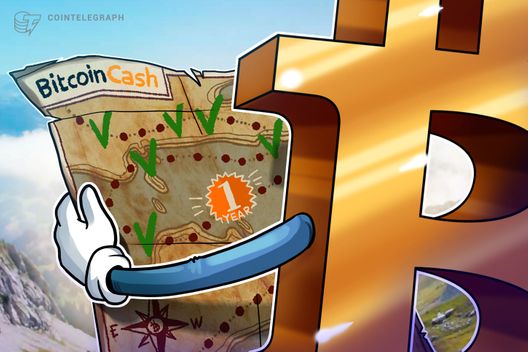‘I destroyed my life’: Uniswap trader spends $9,500 in fees on $120 transaction
An impatient Uniswap trader accidentally paid more than 23 Ether to execute a $120 trade on the decentralized exchange.
2492 Total views
21 Total shares

A clumsy trader claims to have “destroyed” their life after inadvertently paying $9,500 in fees for a $120 transaction on the decentralized exchange (DEX) Uniswap.
On Nov. 5, Reddit user ‘ProudBitcoiner’ posted that he had accidentally paid 23.5172 Ether (ETH) for a single trade after getting the “Gas Limit” and “Gas Price” input boxes confused in the MetaMask wallet.
“Metamask didn’t populate the ‘Gas Limit’ field with the correct amount in my previous transaction and that transaction failed, so I decided to change it manually in the next transaction […] but instead of typing 200,000 in ‘Gas Limit’ input field, I wrote it on the ‘Gas Price’ input field, so I payed 200,000 GWEI for this transaction and destroyed my life.”
Uniswap is a non-custodial exchange for ERC-20 tokens, meaning that trades are executed directly from a user’s wallet — allowing them to manually set the gas prices they are willing to pay for a transaction.
The user noted they had recently downloaded MetaMask version 8.1.2, and had not previously encountered problems with the population of the Gas Limit field before.
Redditor ‘Mcgillby’ suggested that MetaMask introduce safeguards forcing users to confirm a transaction when the inputted Gas Price significantly exceeds the estimated price calculated by the wallet:
“You think they would have some warning go off like ‘You are exceeding the amount needed to be included in the next block by a significant amount’ and make you confirm. Metamask already calculates the recommended gas price automatically so I don’t see any reason they can’t have an extra confirmation if someone exceeds the recommended gas price by a huge margin.
In June, Cointelegraph reported on two mysterious transactions that each spent $2.6 million in fees to transfer roughly $130 worth of Ether. Analysts offered various explanations for the transactions, including a potential bug in a money laundering bot, revenge against a former employee, or simple human error.

